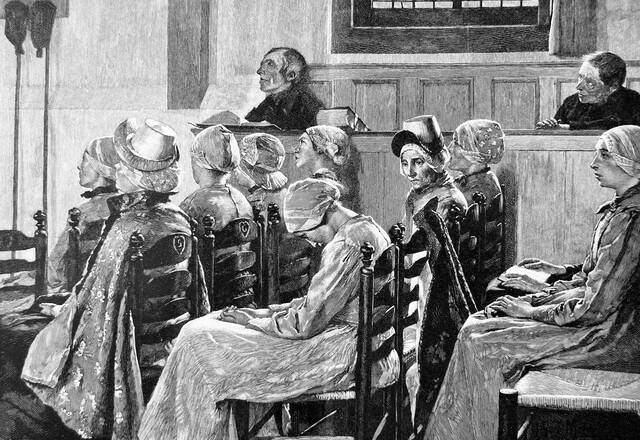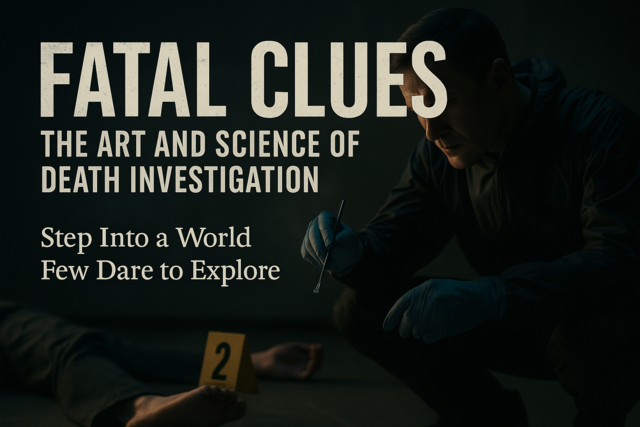Lesson 1. Defining Terrorism: Controversy and Complexity
The complexities of defining terrorism stem from differing global perspectives, as this term often embodies political, religious, or ideological violence meant to instigate fear. Governmental and non-governmental definitions vary, complicating international efforts to address and combat terrorism.
Lesson 2. The Complex Politics of Terrorism
To comprehend terrorism, distinct from conventional warfare, previous concepts like unconventional warfare, separatism, and freedom fighting are explored. These ideas capture the nuanced strategies of asymmetrical conflicts, which hinge on surprise and innovation, against better-equipped adversaries.
Lesson 3. The Long Shadow of Terror: From Ancient Zealots to Modern Militants
Understanding terrorism's historical context reveals complex socio-political and ideological motivations, emphasizing the need for inclusivity and dialogue in combating extremist narratives. Community resilience, education, and international collaborations are key to addressing terrorism's root causes and preventing future threats.
Lesson 4. Efficient Counter-Terrorism: Germany's Legal Battle
Austria's efforts include enhancing financial transaction monitoring and participating in international collaborations to counter terrorism. With a focus on intelligence and law enforcement coordination, Austria aligns with EU standards to tackle terror threats comprehensively.
Lesson 5. Strategies and Struggles: France and Spain's Terrorism Combats
France's diligent monitoring and expulsion policies reflect a multidimensional approach to counter-terrorism, tackling both ideological and physical threats using cross-border cooperation. In Spain, overcoming historical terrorism ties with relentless legal strategies demonstrates the importance of diverse, adaptable approaches in the fight against modern extremism.
Lesson 6. Italy and Russia: Navigating the Complexities of Counterterrorism
Italy's deft integration of domestic vigilance with international cooperation has enabled robust counterterrorism actions, exemplified by legislative post-7/7 measures and proactive arrests, maintaining homeland security amidst global threats. Meanwhile, Russia's comprehensive approach tackles deep-rooted insurgencies in the North Caucasus, reflecting a nuanced engagement with local and international terrorist networks, as seen in its collaborative successes with the U.S.
Lesson 7. Unveiling the Complex Web of Middle Eastern Terrorism: Part I
This section highlights the dual nature of terrorism's legacy: while it sows fear and economic instability, it prompts resilient countermeasures from nations like Algeria and Bahrain. By addressing terror financing and fostering international cooperation, affected countries exhibit determination in crafting long-lasting policies against entrenched extremist ideologies.
Lesson 8. Gaza, the West Bank, and Israel: A Microcosm of Regional Complexity
The Palestinian Authority's counterterrorism capabilities remain constrained by operational challenges and political dynamics, impacting regional security efforts. Collaborative initiatives with international partners and focus on financial regulations highlight determined steps toward combating terrorism within these constraints.
Lesson 9. Navigating the Complexities of African Terrorism
Counterterrorism across Africa, spearheaded by the African Union and initiatives like the TSCTI, has seen significant developments despite geopolitical complexities. These efforts focus on enhancing regional security, democratic governance, and forging robust international partnerships, notably with the United States, to dismantle terrorist operations.
Lesson 10. Understanding Terrorism in Africa: Challenges and Cooperation
Rwanda strengthens counterterrorism via financial scrutiny and collaborative forces like the East African Stand-by Brigade, fighting terrorism financing and border threats. Efforts focus on resource concentration against regional terror groups, balancing military and socio-economic strategies.
Lesson 11. Legislative Evolution in Australian Counter-Terrorism
After the 2005 terrorist arrests, Australia transformed its counter-terrorism landscape by implementing robust laws and technological measures that enhance detection and response capabilities. These advancements reflect a strategic approach combining domestic security improvements with international partnerships to address the complexities of global terrorism.
Lesson 12. Geopolitical Stabilities: Terrorism and Security in East Asia
China's counterterrorism strategy hinges on international collaborations and domestic financial intelligence operations, broadening security by addressing global terror threats and potential spillovers. Analysis of financial systems plays a key role, with enhancements needed to ensure effective and autonomous counter-terrorism measures.
Lesson 13. East Asia's Unified Front Against Terrorism: Achievements and Challenges
Reflecting on historical terrorist attacks highlights the importance of Japan and Korea's contemporary preventive measures, stressing vigilance and sophisticated security systems. Both nations implement technology-driven approaches and legislative actions to strengthen their counter-terrorism responses.
Lesson 14. Counter-Terrorism Dynamics: Oceania and Southeast Asia
New Zealand's counter-terrorism strategy emphasizes regional cooperation and stringent domestic laws to prevent terrorism, engaging Pacific nations in joint exercises to establish a unified security framework. Meanwhile, the Philippines contends with persistent internal threats by enhancing its judicial processes and partnering internationally, aiming to dismantle terrorist networks through collaborative efforts.
Lesson 15. Argentina's Evolving Approach to Counterterrorism: Achievements and Challenges
Bolivia's counterterrorism challenges stem from limited resources and persistent corruption, which impede law enforcement effectiveness. Despite these obstacles, Bolivia makes strides in counterterror endeavors, arresting foreign terror cell members and seeking international assistance to bolster defenses.
Lesson 16. New World Counter-Terrorism: Obstacles and Strategies
Counterterrorism in the New World is shaped by each nation's unique political and socio-economic factors, posing challenges that span resource scarcity and regional conflicts. Guatemala, Nicaragua, Panama, Peru, Uruguay, and Venezuela showcase diverse battles against terrorism, underscoring the need for regional collaboration and robust frameworks.
Lesson 17. Technology's Dual Role in Terrorism
The complex interplay between political motivations and terrorism often results in murky distinctions between freedom fighters and terrorist factions. Global cooperation under the UN Strategy aims to not only counter terrorism but also address issues leading to its rise, such as socio-economic marginalization.
Lesson 18. Terrorism Unveiled: Motivations and Manifestations
The complex landscape of terrorism is defined by motivations from political, ideological to religious roots, impacting global politics significantly. Counterterrorism involves strategic and community-based initiatives promoting global cooperation and communication to counteract extremist narratives effectively.
Lesson 19. Deconstructing Terror: Lessons from Northern Ireland and Beyond
The global jihadist movement, fueled by ideological extremism, emerged from geopolitical tensions, calling for nuanced strategies involving military, socioeconomic, and ideological countermeasures. Modern technology, while exploited by these groups, also offers tools to combat their narratives and disrupt recruitment channels through technological monitoring and counter-narratives.
Lesson 20. Terrorism's Web: Unraveling Motivations and Solutions
The fight against terrorism is not just a battle of arms but one of ideas, where empowering communities through education and inclusivity can preempt the breeding grounds for extremist ideologies. By leveraging modern technology and fostering intercultural dialogues, societies can build resilient defense mechanisms against threats.

19 Hours average completion time
1.9 CEUs
20 Lessons
27 Exams & Assignments
15 Discussions
20 Reference Files
189 Articles
Mobile Friendly
Last Updated January 2026

























